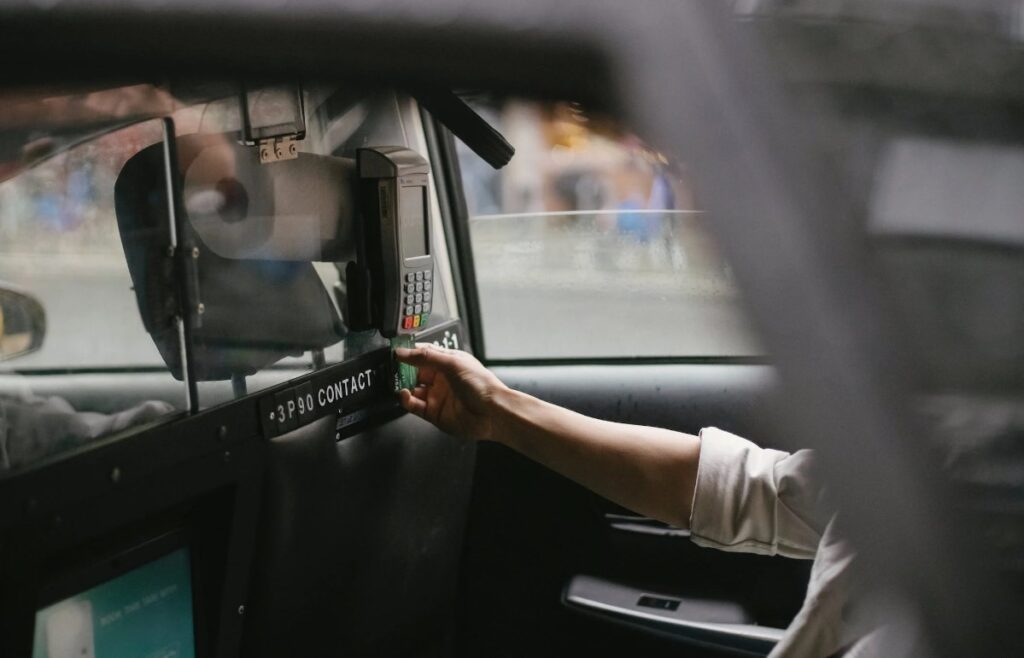In April of this year, PayPal and Venmo announced that they would be collaborating on an industry-first cross-app payment service. Initially rolling out in the United States ahead of a global expansion, the feature allows PayPal users to send money to a Venmo account and vice versa.
We live in an era of multiple payment options, so some level of interoperability is most welcome. After all, if you can use your Samsung smartphone to send a WhatsApp message to an iPhone user, there’s no reason to believe that you shouldn’t be able to send money from one app to another.
While the story above was hailed as a big win for PayPal and Venmo users, it was interesting to note that the payments are facilitated by the new Visa+ network. Importantly, people using the Visa+ service will not need to hold an underlying Visa debit or credit card to make a transaction.

Might such technology signal the end for traditional debit cards? Not necessarily, but payment technology has evolved in such a way that you could make an argument that it will. Still, the end of debit and credit cards, as we shall see, certainly doesn’t spell the demise of Visa.
Payment evolution doesn’t always see usurpation
Payment technology evolution does, of course, go hand in hand with the growth of the internet. In the 1990s, nascent websites could facilitate bank transfers and card payments. Ewallets followed in the 2000s, and then we got mobile payments in the 2010s. Importantly, however, each evolution didn’t usurp the other.
We can see evidence of this on online casino platforms, which, perhaps more than any other types of online business, strive to offer multiple payment options for customers. Most casinos accept debit cards and bank transfers, but they will also offer eWallets and mobile payments, too, as well as other options like pre-paid vouchers. The lesson is that merchants – of any type – are happy to use a payment technology as long as it’s convenient.
Visa, for its part, has not been resting on its laurels, hoping that the card payment sector thrives ad infinitum. It has been bold in investing in infrastructure that will help cryptocurrency adoption, for example. That might sound strange when you consider that Visa is exactly the type of centralised financial institution that the cryptocurrency movement intends to disrupt (one of the core beliefs of cryptocurrency is that the network should be decentralised and peer-to-peer without traditional banks and financial institutions facilitating payments). But Visa isn’t in any sense signing its own death warrant; it’s integrating itself into the crypto ecosystem.
Apple has plans to disrupt banking
We shouldn’t forget that there is a big scramble on to challenge the banks in moving – and holding – money. Indeed, just a couple of weeks ago we saw Apple announce Apple Savings, its savings account (backed by Goldman Sachs) that will pay interest of 4.15% – around ten times that of the normal savers’ rate in US banks.
Apple, of course, already offers Apple Pay, and it launched an Apple credit card a couple of years ago. Back in the mid-2010s, the company stated its ambition to replace the physical wallet in your pocket with a digital one, and thus Apple Wallet was born. It’s clear that Apple was thinking of the debit and credit cards we hold in those wallets and purposes.
Perhaps overlooked in this scramble to facilitate payments is that the goal is not to replace traditional banking, as such. Rather, it’s about the move to replace cash. That is, physical cash. While there are questions on how the phasing out of banknotes is disempowering to some sections of society, for the vast majority of us it is more convenient to ping money to a mate we owe for a round of drinks or a taxi fare using an app. The interoperability provided by Visa+ will make that easier in the future.

As to the future of credit and debit cards, we suspect that the concept will live on, but technology will ensure that the method will not. Revolut, the financial app that has seen huge success in the UK, has trumpeted the concept of virtual credit and debit cards, and it is certainly not alone. Apple, Google and Meta (using both Facebook and WhatsApp) have pushed to make digital payments as ubiquitous as possible. While many will continue to prefer having a physical card in their pocket, many won’t see the need.



























































